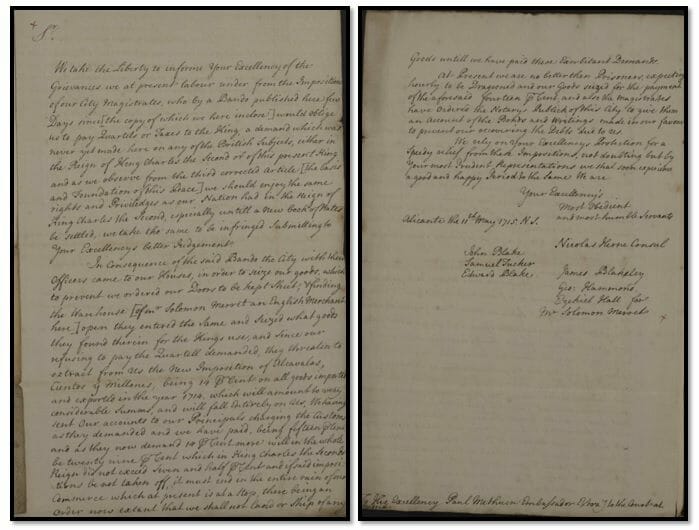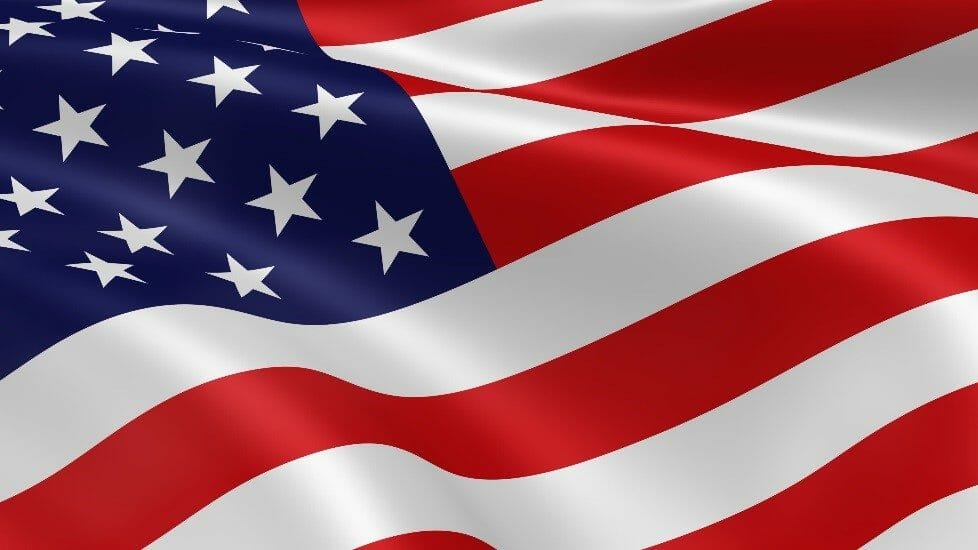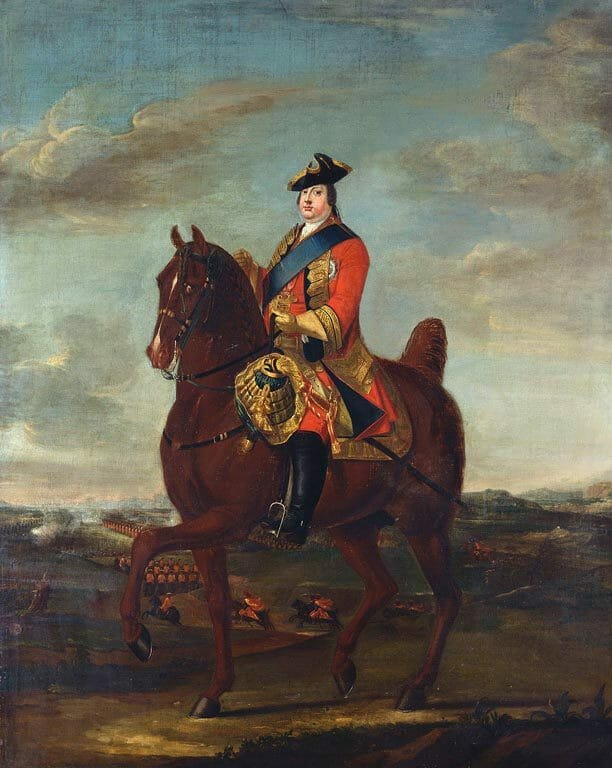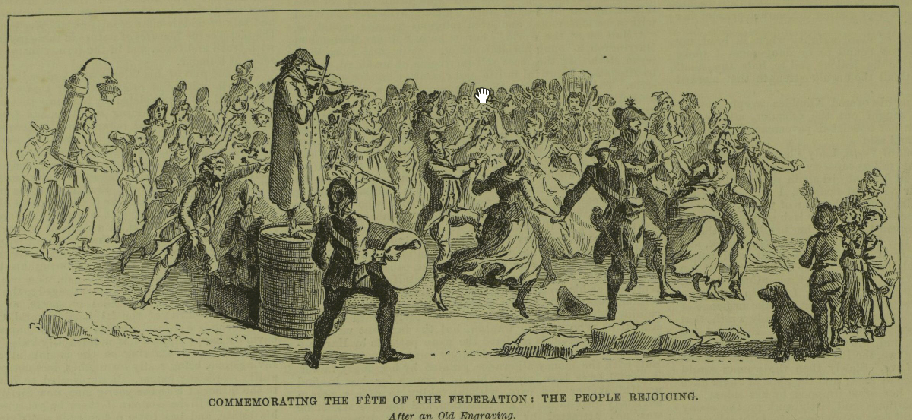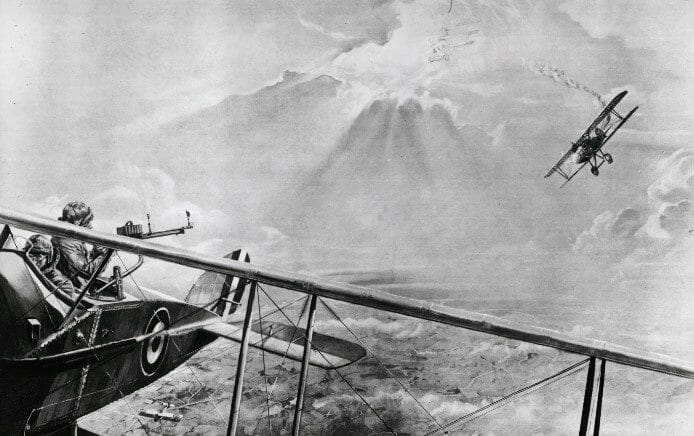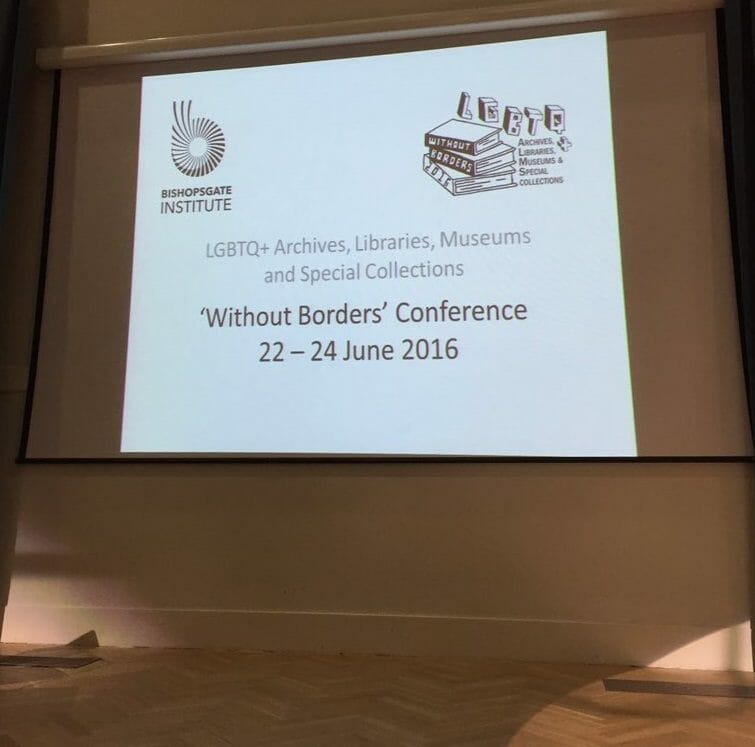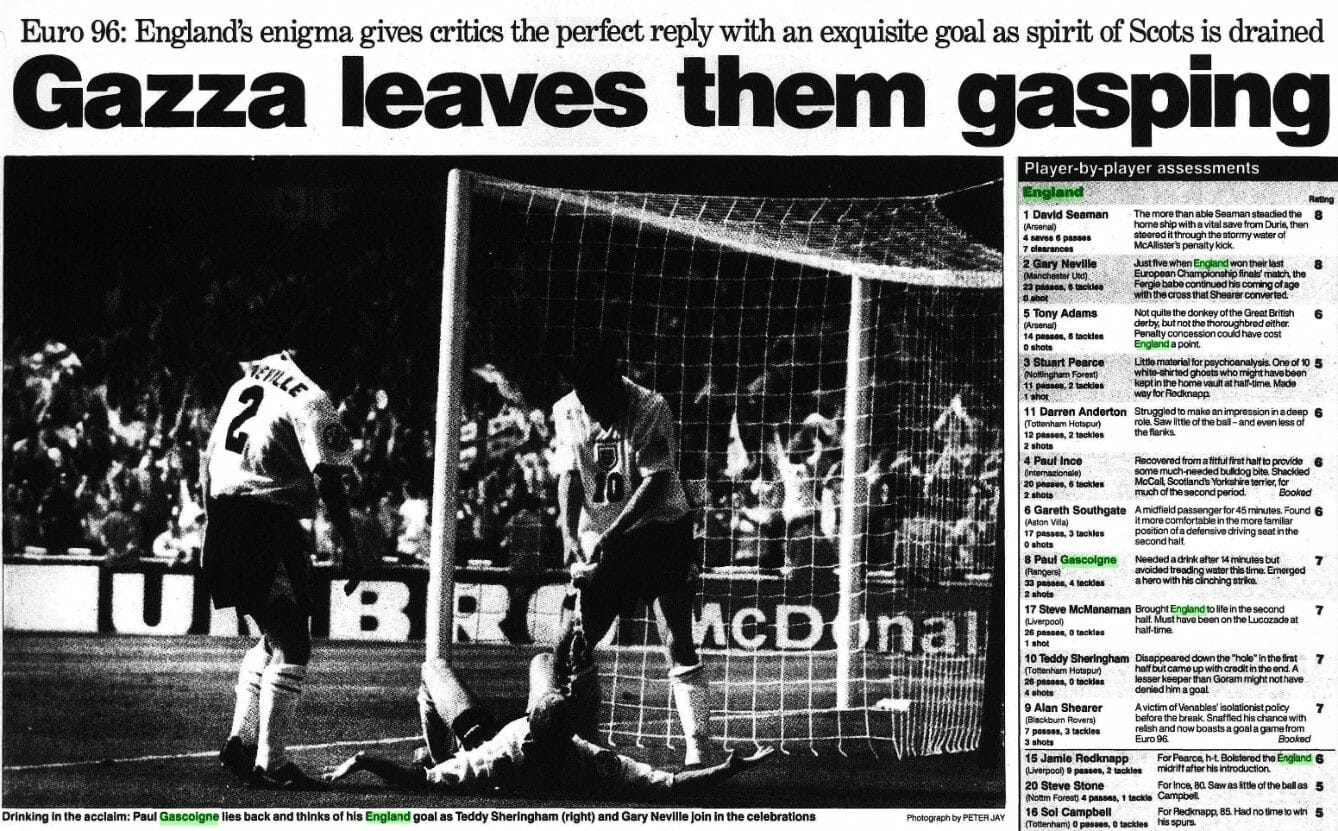When reading through some documents contained within the State Papers’ SP94 (Spain) series recently, I was struck by some parallels between early-eighteenth century diplomatic relations and those of our current post-‘Brexit’ times. There is palpable tension in Anglo-Spanish relations from the letters exchanged between British Ambassador to Spain Paul Methuen and James Stanhope, Secretary of State for the Southern Department.
More broadly, this was a time of flux for European relations, with 1713 marking the end of what has been termed the first ‘global’ war: the War of Spanish Succession. Lasting for thirteen years, the war placed greater strain on European ties. Developing from a dispute over the succession of the Spanish throne when King Carlos II died childless in 1700 (leaving the Bourbon, Philippe Duc d’Anjou as his heir), England, Austria, and the Dutch Republic could not countenance a Franco-Spanish alliance dominating Europe. They therefore rejected the proposed succession by declaring war. After a thirteen-year campaign, the 1713 treaty concluding the war confirmed the succession of Philippe as Felipe V of Spain. As those letters show though, this succession prompted a re-evaluation of Anglo-Spanish trade arrangement.

